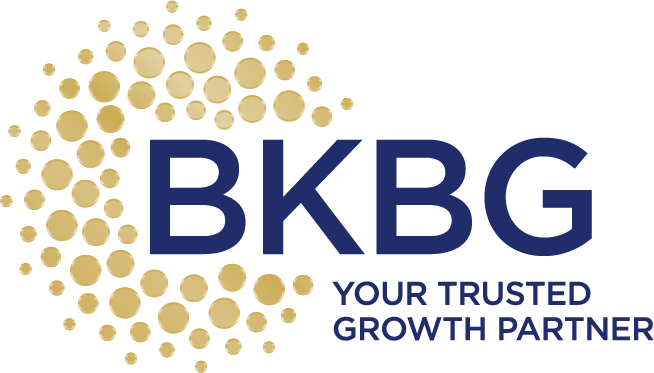The Science Behind Improved Performance

Meetings can consume a large chunk of the workday, often interfering with the ability of teams and management to do what needs to get done. A University of North Carolina survey of senior managers found 65% of respondents believe meetings keep them from completing their work. 71% said meetings are unproductive and inefficient. 64% said meetings come at the expense of deep thinking. However, showroom team members need to meet to ensure they are on the same page, to provide an opportunity to collaborate and have their voices heard. A successful strategy to improve performance and enhance productivity is to ensure meetings are not a waste of time. Every staff meeting should have an agenda with each agenda item providing a status update and expectations of meeting attendees. The agenda should be issued prior to the meeting to help team members prepare for the discussion.
Learning to say no is another scientifically proven tactic to improve productivity. Steve Jobs was famous for saying no, explaining “People think focus means saying ‘yes’ to the thing you’ve got to focus on. But that’s not what it means at all. It means saying ‘no’ to the hundred other good ideas that there are. You have to pick carefully. I’m actually as proud of the things we haven’t done as the things I have done.”
A third technique to improve performance and productivity is to do less. Working 80 hour weeks, always being accessible, refusing to disconnect does not improve performance. In fact, there is strong scientific evidence that finds disconnecting from your phone/computer/tablet, etc. can actually improve your performance. Recharging your batteries by engaging in activities that are not work related is an important component to improving productivity.
